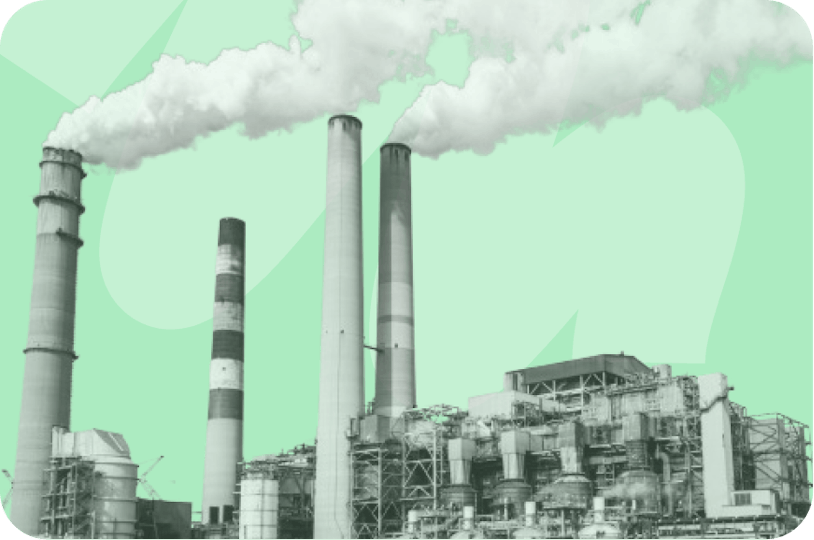
Tout comprendre sur la comptabilité carbone en 2025
De façon très prosaïque, la comptabilité carbone est une forme de comptabilité extra-financière, qui attribue un coût (exprimé en CO₂e) à une activité donnée.
ESG / RSE
Secteurs d'activité

De façon très prosaïque, la comptabilité carbone est une forme de comptabilité extra-financière, qui attribue un coût (exprimé en CO₂e) à une activité donnée.

Le Diag Décarbon'Action a pour vocation de rendre le Bilan Carbone® plus abordable. Quel est le montant de cette aide ? Qui peut en bénéficier ?

Qu'est-ce qu'un Bilan Carbone® entreprise ? Pourquoi le réaliser ? Comment ? Quelles sont les étapes à suivre en 2024 ? Greenly vous dit tout.

Les normes ESRS sont des règles visant à encadrer la réalisation du reporting extra-financier imposé par la CSRD. Explications.

Qu'est-ce que la SBTi ? Pourquoi et comment devriez-vous l'appliquer en entreprise ? Greenly vous dit tous de la Science-based Targets Initiative.

La Fresque du Climat, outil clé pour comprendre le réchauffement climatique. Comment se déroule cet atelier incontournable ? Découvrez-le ici.
Derniers articles

Qu'est-ce que le règlement ESPR, et en quoi ce dernier constitue-t-il un formidable levier pour l'évolution de votre entreprise ? Greenly vous dit tout.

Pour simplifier, la batterie utilise un électrolyte solide (en polymère, en céramique ou en composite) pour faire circuler l'énergie entre leurs électrodes.

En 2025, le TOP 5 des meilleurs logiciels VSME en 2025 est : 1.Greenly, 2.CONSUST FramesCube, 3.Diligent ESG, 4.Plan A et enfin 5.Daato.

En 2025, Les meilleurs logiciels pour se conformer aux normes IFRS sont : 1. Greenly ; 2. Workiva et 3. Persefoni.

Les concerts, comme tant d'autres événements, sont synonymes d'empreinte carbone. Ce qui ne signifie pas qu'ils ne peuvent pas se réinventer.

La loi Duplomb embrase le débat public, au point d'en faire oublier le problème plus global qui se pose. Contexte, contenu et décryptage. C'est par ici.

L’éco-branding ne consiste pas simplement à apposer une feuille sur un logo ou de le décorer d’un fond vert, – c'est aussi remettre en question les pratiques.

Le risque de tsunami en Méditerranée est réel - quoique malheureusement méconnu. D'où l'importance de le comprendre et de se préparer.

Après épuration (élimination du soufre, de l’eau et du CO₂), le biogaz devient du biométhane, un gaz aux propriétés identiques à celles du gaz naturel.

Notre langage industriel est très complexe, mais la nature dit bien davantage avec moins de mots et une syntaxe plus simple (source : Cairn, 2018).

Une notation extra-financière est attribuée à une entreprise par une agence, sur la base de critères non financiers (comme l'environnement, le social, etc.).

La certification Cradle-to-Cradle® évalue les produits selon 5 grands critères : qualité des matériaux, circularité, énergie, eau & sols, et équité sociale.